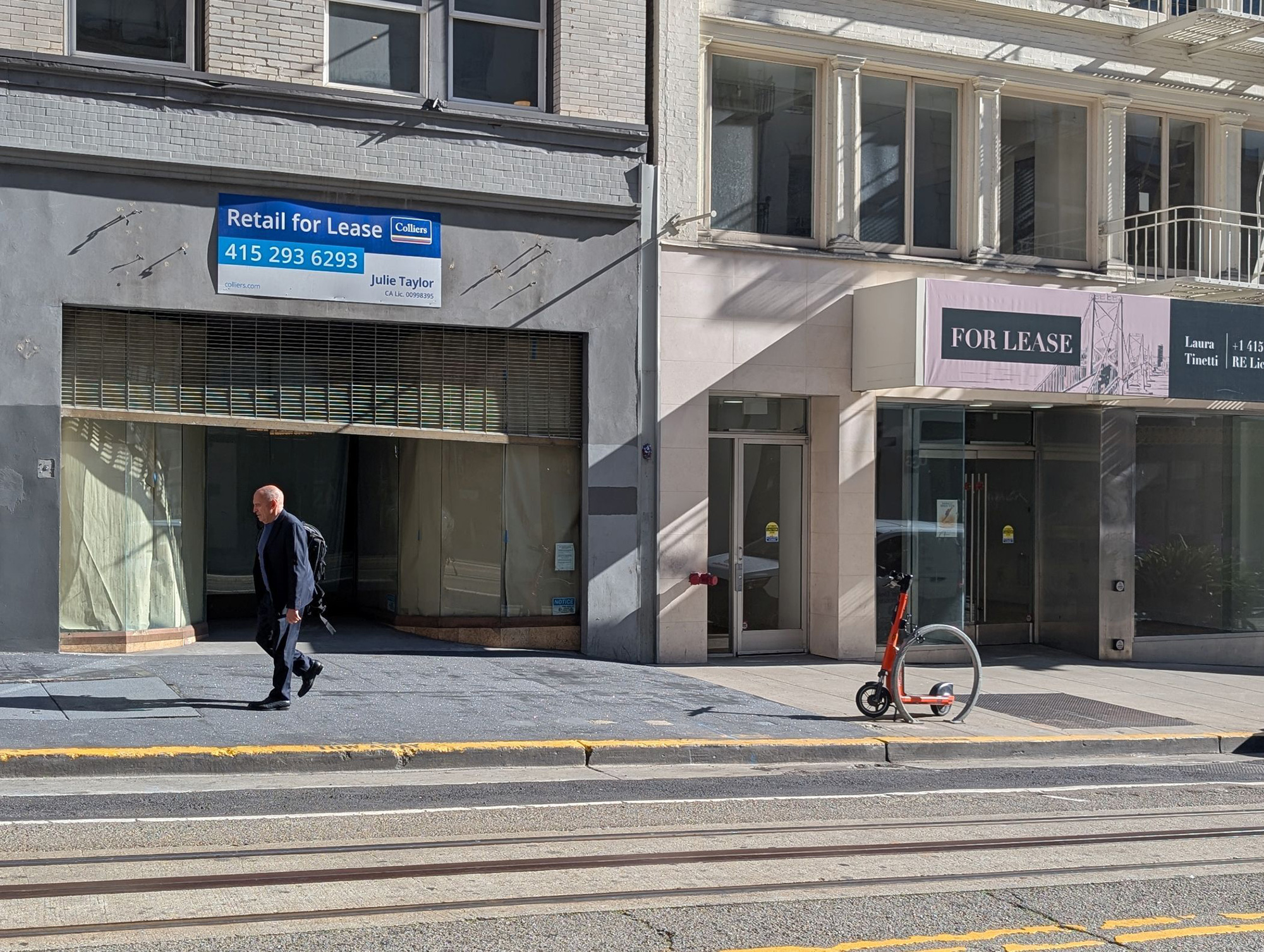City of L.A.: Security Deposit Interest Requirement
Landlords of properties located within the City of Los Angeles that are subject to the Los Angeles Rent Stabilization Ordinance (LARSO), also known as Rent Control, are required to pay tenants interest on their security deposits, pursuant to specific regulations. Recently, tenant attorneys have increasingly and successfully used landlords’ non-compliance with these security deposit interest requirements as a defense in eviction proceedings.




 By Brannon Boswell, Rachel Scheier
By Brannon Boswell, Rachel Scheier The San Francisco tax requires landlords or tenants of properties left vacant for longer than six months to pay $250 per foot of street frontage on the first year, then $500 for the second and $1,000 for the third and beyond.
An economic impact report on the tax written by the San Francisco controller's office chief economist, Ted Egan, in 2019, before it was enacted, acknowledged that a "narrowly tailored tax" could discourage "speculative or negligent behavior by property owners," but it stressed that "properties can also remain vacant for long periods because of economic conditions beyond the control of the owner."
In other words, larger economic factors such as the rise of e-commerce could be the real main culprits behind the widespread retail vacancies plaguing American cities.
"There's a perception that landlords are greedy," said longtime San Francisco retail broker Kazuko Morgan of Cushman & Wakefield. "But landlords want to rent out their spaces."
She added that given the current challenges facing traditional retailers, officials should be doing all they can to make life easier for retailers, including lifting restrictions and easing permitting requirements.
The San Francisco tax requires landlords or tenants of properties left vacant for longer than six months to pay $250 per foot of street frontage on the first year, then $500 for the second and $1,000 for the third and beyond.
An economic impact report on the tax written by the San Francisco controller's office chief economist, Ted Egan, in 2019, before it was enacted, acknowledged that a "narrowly tailored tax" could discourage "speculative or negligent behavior by property owners," but it stressed that "properties can also remain vacant for long periods because of economic conditions beyond the control of the owner."
In other words, larger economic factors such as the rise of e-commerce could be the real main culprits behind the widespread retail vacancies plaguing American cities.
"There's a perception that landlords are greedy," said longtime San Francisco retail broker Kazuko Morgan of Cushman & Wakefield. "But landlords want to rent out their spaces."
She added that given the current challenges facing traditional retailers, officials should be doing all they can to make life easier for retailers, including lifting restrictions and easing permitting requirements.